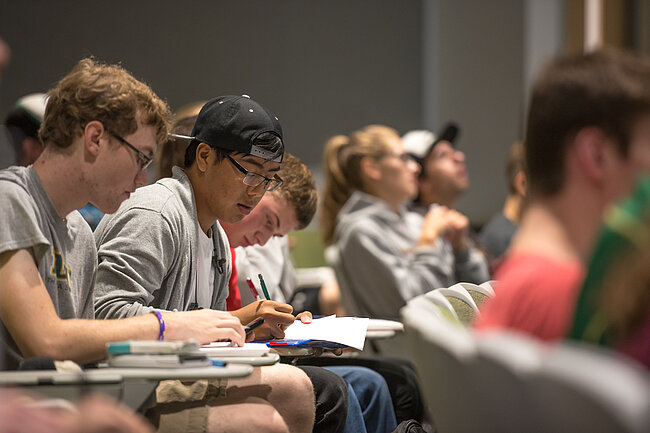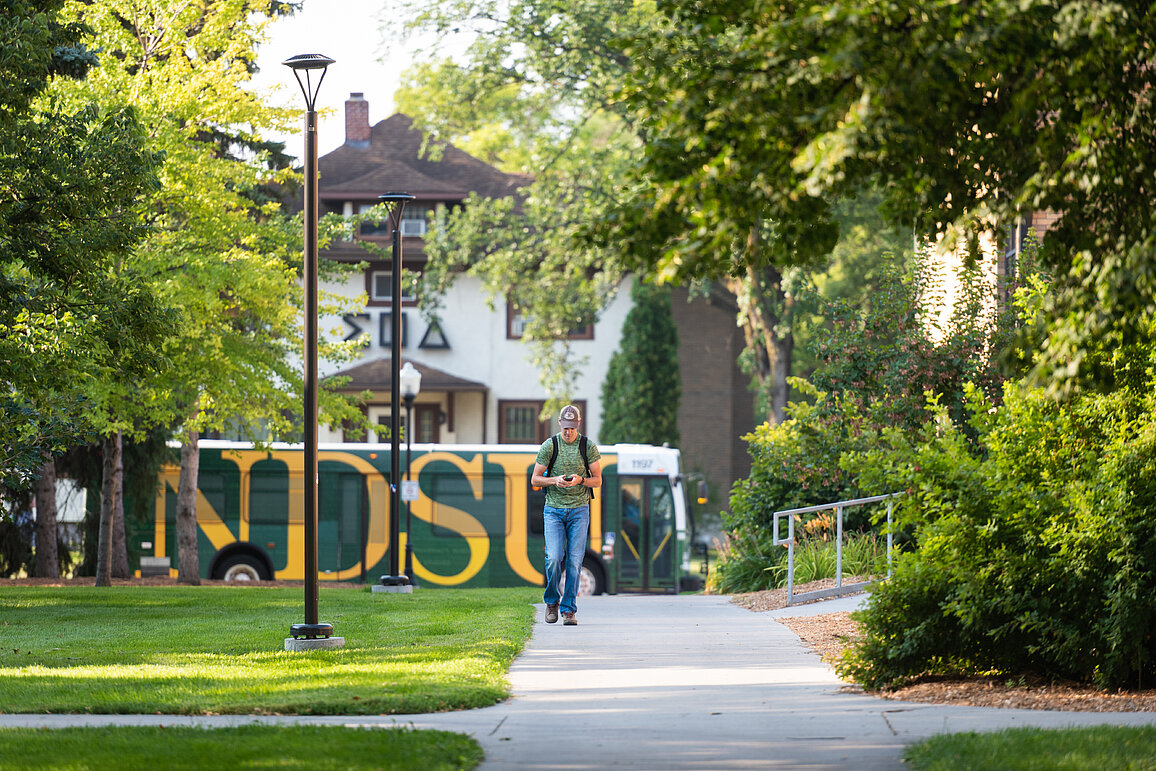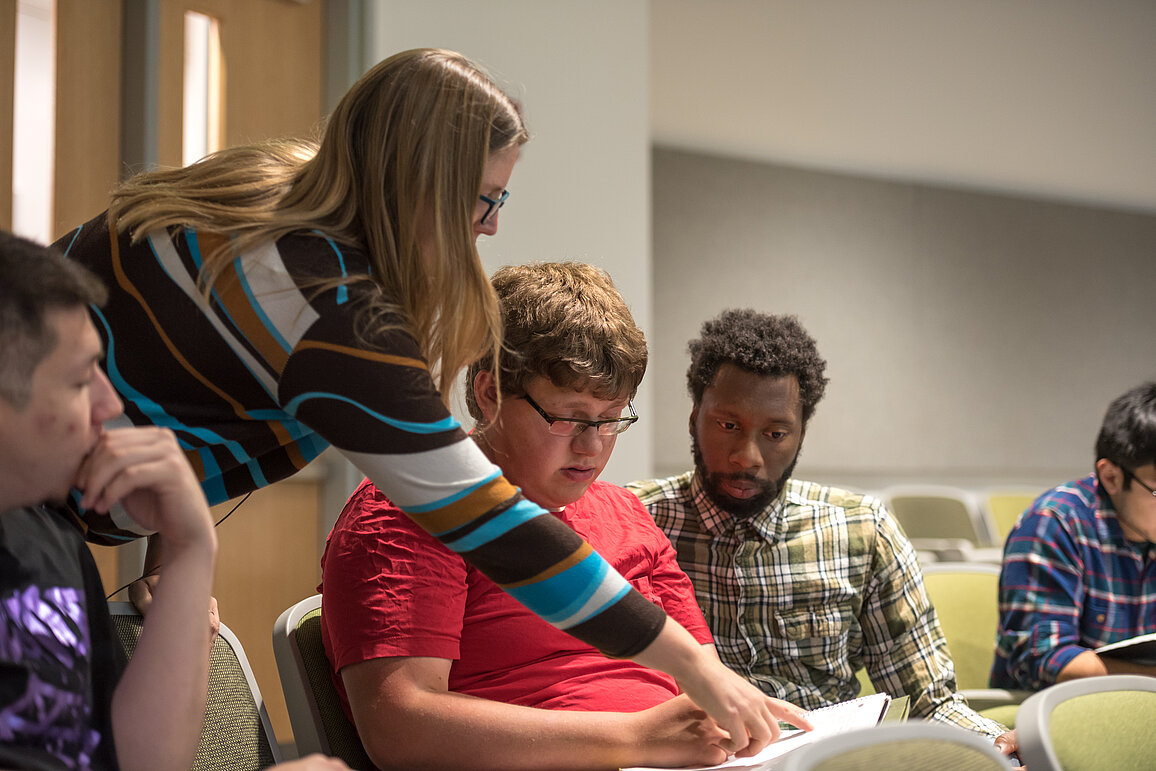Mission
The mission of the Department of Mathematics is teaching, research and other scholarly activities in the discipline; providing quality education to our B.S., M.S. and Ph.D. students and post-doctoral associates; and influencing the mathematical climate of the region positively. Our Department strives for excellence in teaching its majors and service courses, while providing stimulating and informative courses. Assessment of student learning is a prime goal of the Department. The Department's research activities include pure and applied mathematics.
Mathematical Training is in High Demand

In the past few years a tremendous increase has occurred in the need for mathematics and mathematicians. In such fields as:
- Actuarial Science
- Computer Science
- Statistics
- Engineering
- Economics & Commerce
If you enjoy math and are good at it, you will find both challenges and opportunities in the Department of Mathematics. Your adviser, a faculty member in the department, will provide you with information concerning courses, curricula and the many exciting and rewarding careers open to mathematics graduates. The Cooperative Education Program offers the possibility of academic credit for on-the-job training. The student mathematics organization, Math Club, brings in both academic and non-academic speakers who explore career possibilities and fascinating topics within mathematics at club meetings. Opportunities for paper grading and tutoring are available which allow students to deepen their understanding by assisting others in learning mathematics.
Our faculty members contribute research findings in a variety of areas in theoretical and applied mathematics to internationally known journals. This wide variety of areas of specialization and expertise of faculty members in the department means that you will probably find someone both interested and knowledgeable in any area of mathematics that might fascinate you.

The Program
The Department of Mathematics offers a broad and balanced curriculum of courses taught by faculty. A student may choose to major in mathematics or mathematics education. Minors in related areas are encouraged. These choices may be made immediately or deferred until the basic course work is completed. In addition to the Bachelor of Science (B.S.) degree, the department offers Master of Science (M.S.) and Doctor of Philosophy (Ph.D.) degrees.
The Curriculum
For a mathematics major, 57 mathematics credits are required. The mathematics education major requires 43 mathematics credits and emphasizes those areas of mathematics and related disciplines that have proven most useful for secondary school teachers. In addition, there are cooperative double majors in mathematics and computer science, mathematics and physics, and mathematics and statistics which take advantage of the overlap of requirements and give the student a broader background, thus opening a wider range of career possibilities. Advisers in the Department of Mathematics can furnish details about these and other programs, such as an emphasis in actuarial mathematics. A minor in mathematics consists of 12 credits in Calculus plus 9 credits of approved electives.



